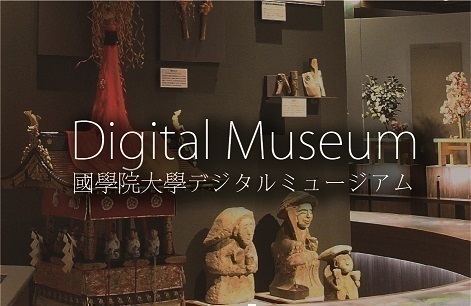- トップ
- Encyclopedia of Shinto
- Sumō shinji
Encyclopedia of Shinto
| Main Menu: | |
| Links: |
詳細表示 (Complete Article)
| カテゴリー1: | 5. Rites and Festivals |
|---|---|
| カテゴリー2: | Individual Shrine Observances |
| Title | Sumō shinji |
| Text | "Sumō rite," also known as sōmoku shinji. Sumō has long been an important element of Japanese festivals. Examples abound, such as the "sumō of the divinities" (kamisumō) match held at the end of Suwa Shrine's boat festival (ofune matsuri), or a similar event held as part of the dengakusai ("dengaku festival"; see saru-gaku, den-gaku)—also known as the shiyūhaira (literally "worship to the 10 directions")—at Okidōsen Mita Hachiman Shrine. The dengakusai held September 9 at Hiyoshi Shrine in Nishinoshima Township, Oki District, Shimane Prefecture, also includes a "sumō of the divinities" match similar to that of the aforementioned shiyūhaira event. The ritual sumō match held September 25 at Hakui Shrine in Hakui City, Ishikawa Prefecture, is known as karatoyama sumō. Wrestlers are divided up into a kamiyama (upper mountain) group and a shimoyama (lower mountain) group, and the match is held after a ceremony. The sumō ring here is said to be the oldest in Japan. The zuiki matsuri ("adoration festival") is held October 24 at Mikami Shrine in Yasu Township, Yasu District, Shiga Prefecture. The festival centers on the dedication of a portable shrine (shin'yo) made from taro stalks (zuiki is a homonym for taro in Japanese). A sumō rite (sōmokushinji) is held the night of the festival. After the festival ceremony a bonfire is built on the lawn of the shrine grounds (keidai). Two groups of boys—one referred to as the ōzumō ("greater sumō") and the other as the kozumō ("lesser sumō")—come forth and engaged in a stylized sumō bout, grappling with each other and crying out "yaa!" and "tō!" The word "sōmoku" is understood as an alternative reading for the same Chinese characters used in writing "sumō." In some regions, however, sōmoku is used to mean "weather." There are examples of divination for the oncoming year (toshiura) done with sōmokuyaki. Sōmoku is also said to mean "complexion." — Mogi Sakae |




